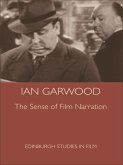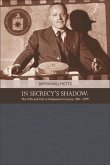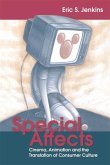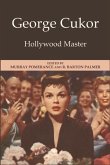The Besieged Ego critically appraises the representation, or mediation, of identity in film and television through a thorough analysis of doppelgangers and split or fragmentary characters. The prevalence of non-autonomous characters in a wide variety of film and television examples calls into question the very concept of a unified, 'knowable' identity. The form of the double, and cinematic modes and rhetorics used to denote fragmentary identity, is addressed in the book through a detailed analysis of texts drawn from a range of industrial, historical and cultural contexts. The doppelganger or double carries significant cultural meanings about what it means to be 'human' and the experience of identity as a gendered individual. The double also expresses in fictional form our problematic experience of the world as a social, and supposedly whole and autonomous, subject. The Besieged Ego therefore raises important questions about the representation of identity onscreen and concomitant issues regarding autonomy and what it means to be 'human', yet it also charts a generic account of the double onscreen. Case studies include horror, fantasy, and comedy.
Dieser Download kann aus rechtlichen Gründen nur mit Rechnungsadresse in A, B, BG, CY, CZ, D, DK, EW, E, FIN, F, GR, HR, H, IRL, I, LT, L, LR, M, NL, PL, P, R, S, SLO, SK ausgeliefert werden.









